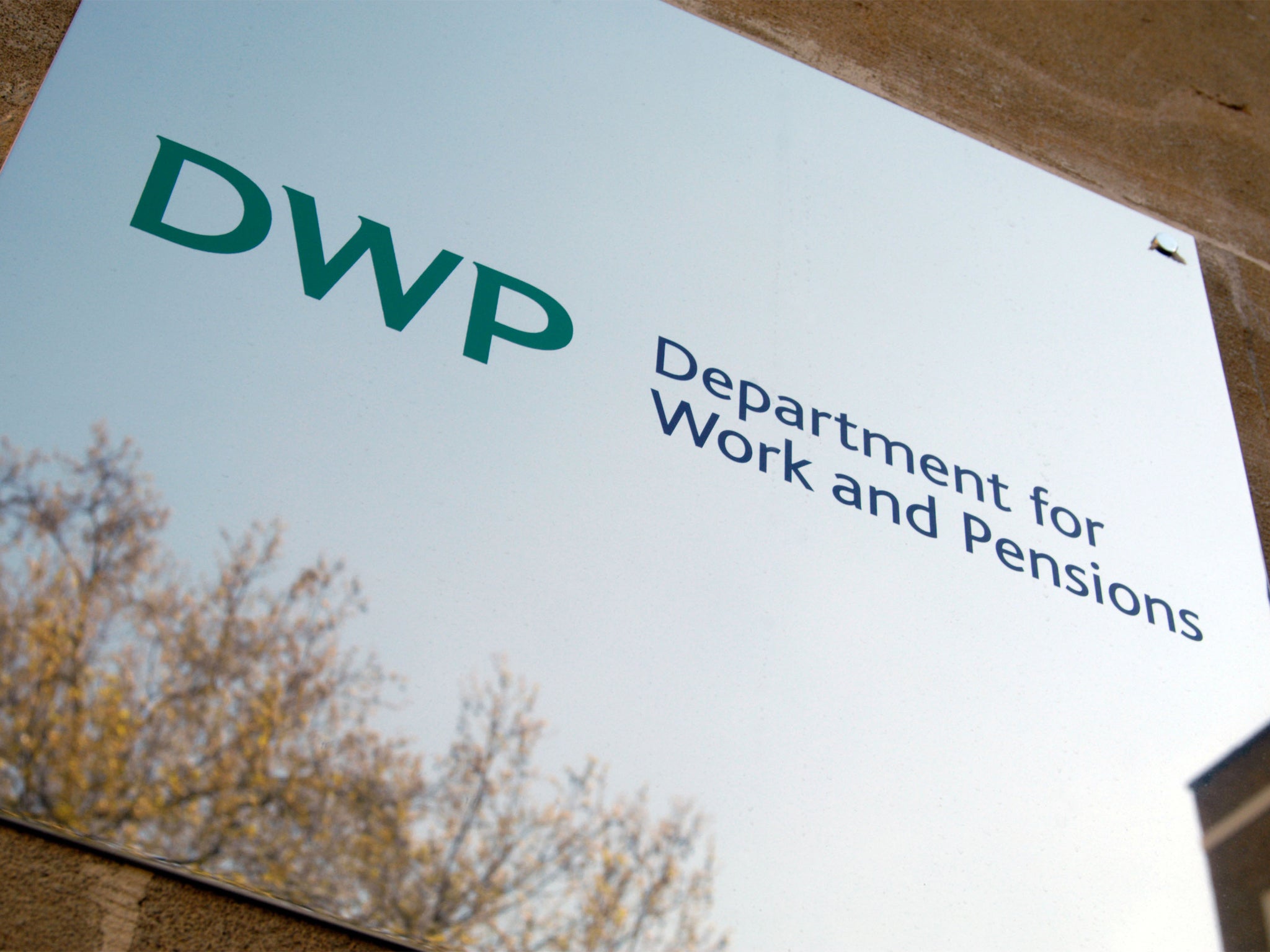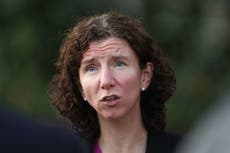More than a million new universal claimants have benefits deducted as UK enters another lockdown
Families forced to claim universal credit at start of pandemic are struggling to get by on far less than what government’s own benefit calculations suggest they need, charity warns

More than a million households forced to claim universal credit at the start of the pandemic are entering the new lockdown having money deducted from their benefit allowance, new research shows.
A report published by Child Poverty Action Group (CPAG) shows that nearly two thirds of those who claimed the benefit between March and June last year are having their monthly payments cut, almost always because they are repaying an advance they took out to get them through the five-week wait for a first payment.
Campaigners say claimants are subsequently struggling to get by on significantly less than what the government’s own benefit calculations suggest they need, and entering the new year worrying about the new restrictions, school closures and whether they can stay afloat financially.
Deductions can be taken from benefits for a range of reasons including repayment of a universal credit advance, budgeting loans and rent arrears. For universal credit claimants, deductions are limited to 30 per cent of the monthly standard allowance, but this still means that £179 (for couples) can be deducted each month.
The research shows that 1,060,000 universal credit claimants who have started receiving the benefit during the pandemic have a deduction of some kind from their benefit. Of those, 810,000 are repaying an advance only, 50,000 have a deduction for another reason and 200,000 have deductions to repay a universal credit advance and another debt.
Shadow work and pensions secretary Jonathan Reynolds called on ministers to end the five-week wait for universal credit and pay advances as grants, rather than loans, in order to stop the “spiral of debt” and support Britain’s struggling families through this period.
“It cannot be right that the government is taking money from those who can least afford it during this crisis,” he added.
Dr Ruth Patrick, lecturer in social policy and social work, who co-authored the report, said the pandemic had exposed how “harsh and nonsensical” the payment deduction system was.
“When the pandemic struck millions of families were forced on to universal credit and hoped for safe harbour there. In reality, they found a system that expects them to survive for five weeks without any payments or, if they take an advance, to live on much less than their assessed need so that they can repay money they had no option but to ask for,” she said.
“It has shone a light on the hardship faced by universal credit claimants – both those who were claiming before the pandemic and those who had to claim because of it - many of whom are forced to struggle to get by on significantly less than what the government’s own benefit calculations suggest they need.”
Ms Patrick called on ministers to make advances non-repayable in order to take UC a “step closer to being fit for purpose” and offer some hope to the many families receiving UC who are going into a new year worrying about the new restrictions, school closures and financial problems.
A spokesperson for the Department for Work and Pensions said: “Advance payments are available to claimants in need of urgent financial support, and from later this year claimants will be able to spread the repayment of this across two years of payments rather than one.
"For claimants who find themselves in unexpected hardship, the spreading of payments can be deferred for up to three months.”
Join our commenting forum
Join thought-provoking conversations, follow other Independent readers and see their replies
Comments


Bookmark popover
Removed from bookmarks